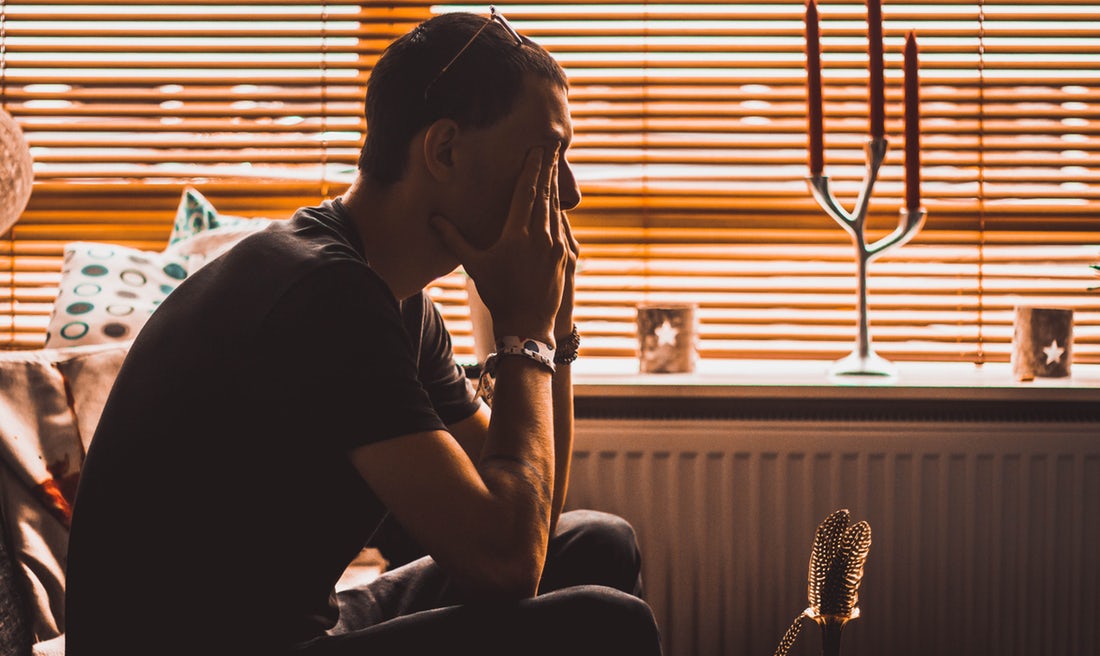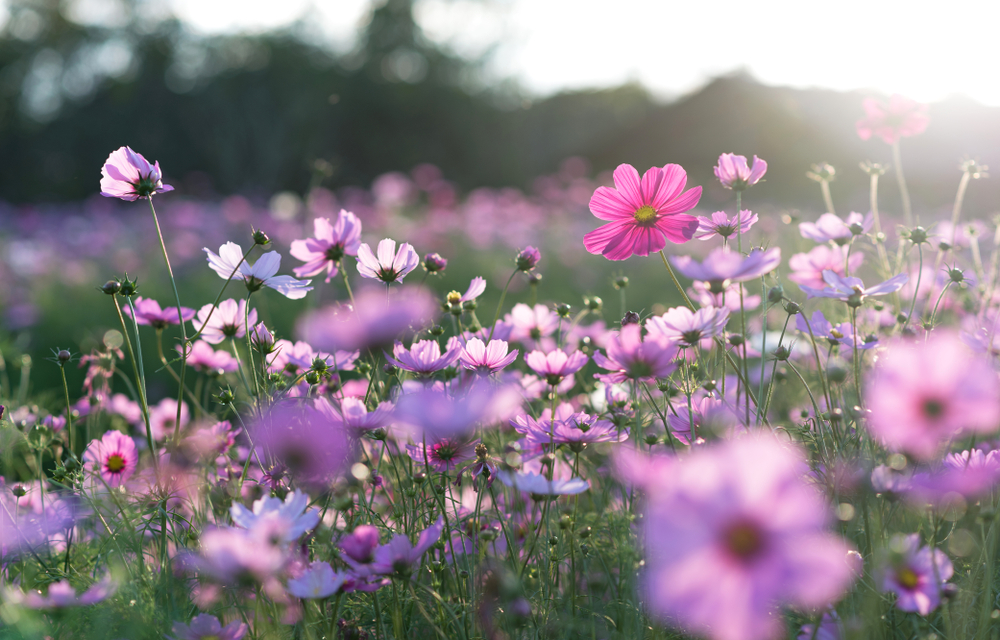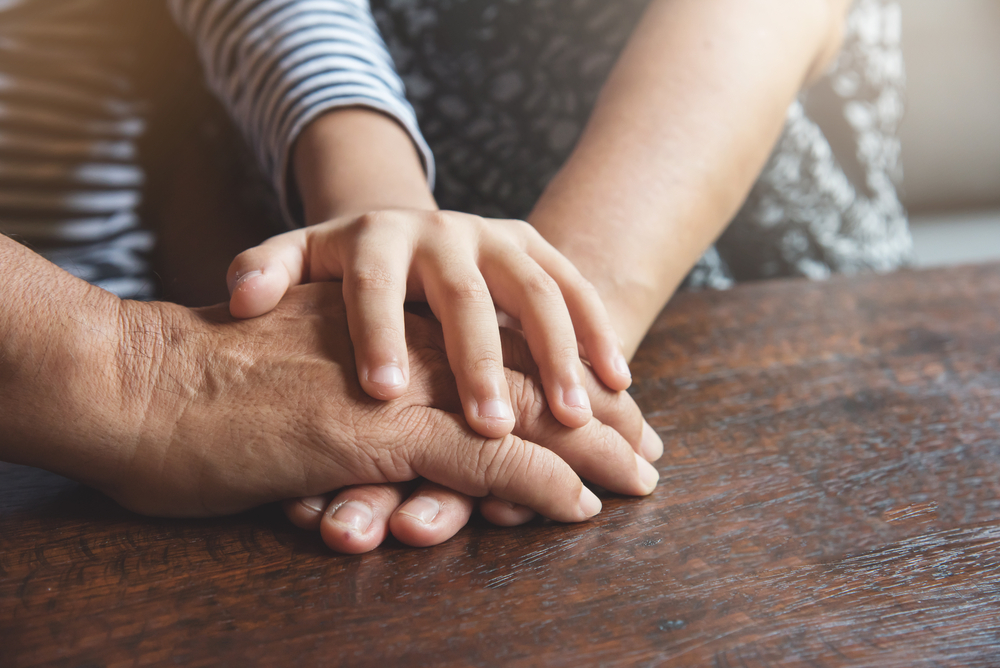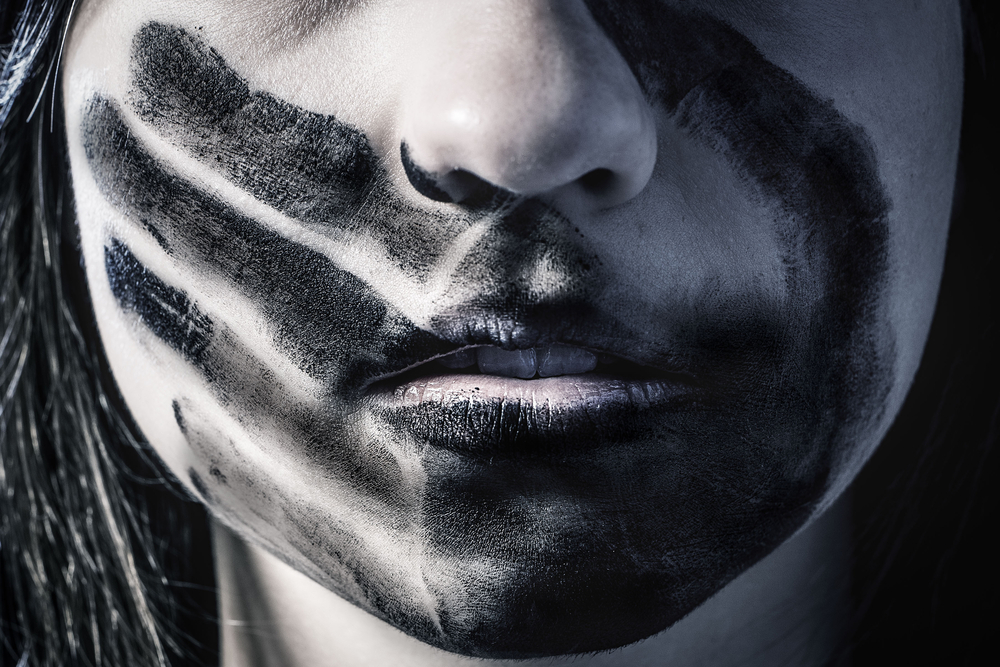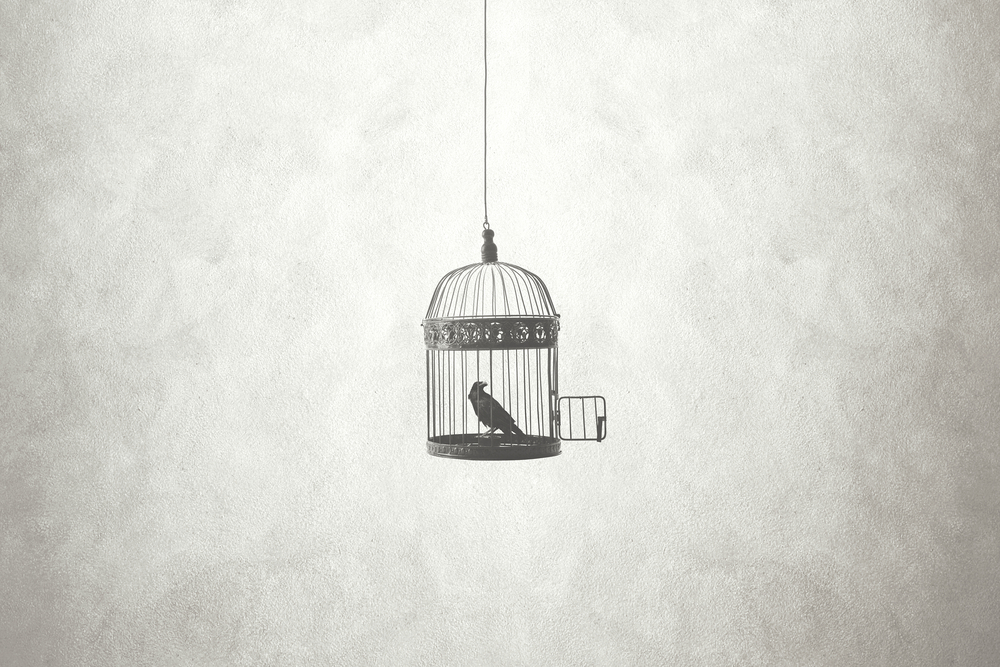Posts by neonadmin
In Memoriam – Cheryl El Amin
When I think of Cheryl El Amin, only one word comes to mind: “Grace.” Grace in living, grace in illness and grace in death. I was fortunate to meet her 10 years ago and never thought that in this short span of time, I would be writing her a farewell note – alas she has gone too soon.
Read MoreBehind Closed Doors: Porn and Young Muslims
There is a lack of education and available resources for addressing sexuality with young Muslims in an age-appropriate manner and through an Islamic lens. This becomes worrisome when students are opted out of sex-education classes at school with no alternative education at home or in Islamic institutions. Muslim parents are not fully equipped to have the ‘birds and the bees’ talk with their children and this becomes problematic when curiosity outside the classroom leads to the dark web.
Read MoreSpiritual Bypassing
“For 15 years, I thought I had the happiest marriage. I believed I was one of the lucky ones, but then I found out he was having an affair. It devastated me! It was like waking up to a nightmare from a fairy tale…I know Allah tests those he loves, but I couldn’t handle it.”
Read MoreA Muslim Mental Health Response to Homophobia
As Muslim clinicians, advocating for the basic human rights of the LGBTQ community is a step toward social justice for one of many vulnerable populations. The clinical consequences of neglecting to support LGBT youth and individuals is staggering, including risk of suicide, other mental illness, substance abuse, and ongoing trauma from discrimination.
Read MoreFamily Youth Institute Suicide Kit: A Resource for the Muslim Community
Since the publication of The Family and Youth Institute (FYI) Suicide Prevention and Intervention Resources in September of 2017, over 6000 people have accessed the Suicide Prevention and Intervention Resources on the website and almost 25,000 have accessed them through social media outreach. Mosques and community centers are starting to address suicide and mental health issues in programming and Friday sermons. As Sheikh Yaser Birjas mentioned in a Friday sermon this past September, “We live in one society, we are not immune. Cultural shame leads people to feel isolated. There is no shame in seeking help. It is obligatory if you need help or know someone who does that you should seek it [professional help].”
Read MoreThe Maslowization of Muslim Marriages
Another call came in. I knew what to expect — another woman, distressed and frantic. Her marriage was falling apart, and she was eager to piece it back together, or figure out what else she could do to make it work. Ending the marriage was not on the table for her, but she was drastically unhappy, and so was her spouse. He was a good person, she said, but their marriage was gasping for air — what could she do to bring it back to life?
Read MoreI Am Your Sheikh, Not Your Psychiatrist
There is an oft-repeated verse of the Qur’an that says, “Ask the people of knowledge if you don’t know.” It encourages consultation of an expert in times of crisis. In Muslim America, it means that the Imam, both grounded in Islamic knowledge and in a position of public trust, is often the first person American Muslims think to call in times of crisis. Far too often, it means that the late night callers – one reporting spousal abuse, a teenager with issues at school, and another seeking a listening ear – believe that the Imam holds an immediate solution to their problem. Far too often, the person some of these individuals truly need is a mental health professional.
Read MoreWorking Through the Hurt: Her Story of Abuse
“Her children stare in fear, as her abuser screams and yells profane words at her, stripping away every bit of her self-respect and dignity. In shock, she attempts to understand what triggered his sudden rage, this time.”
Read MoreJMMH Sneak Peek: The Cultural Context of Intimate Partner Violence
“A 27-year-old Iranian woman who arrived in the United States only a few months ago has died after a brutal beating that police in Michigan attribute to her new Iranian-American husband. The victim was living in one of the more remote parts of the United States. She was declared brain dead three days later. A hookup with a laptop camera allowed the family to see her on the last days.”
Read More“Shrinking” Injustice: Muslim Mental Health Professionals’ Role in Social Activism
As Muslim mental health practitioners, we are engaging in the jihad of speaking truth to power every day with our praxis. We make known the benefits of being a practicing Muslim through research, community wellness, and consciousness raising. We observe the religious responsibilities of Islam and live a spiritual life based on Islam. These reflections and actions are the greatest jihad of speaking truth to power.
Read More

